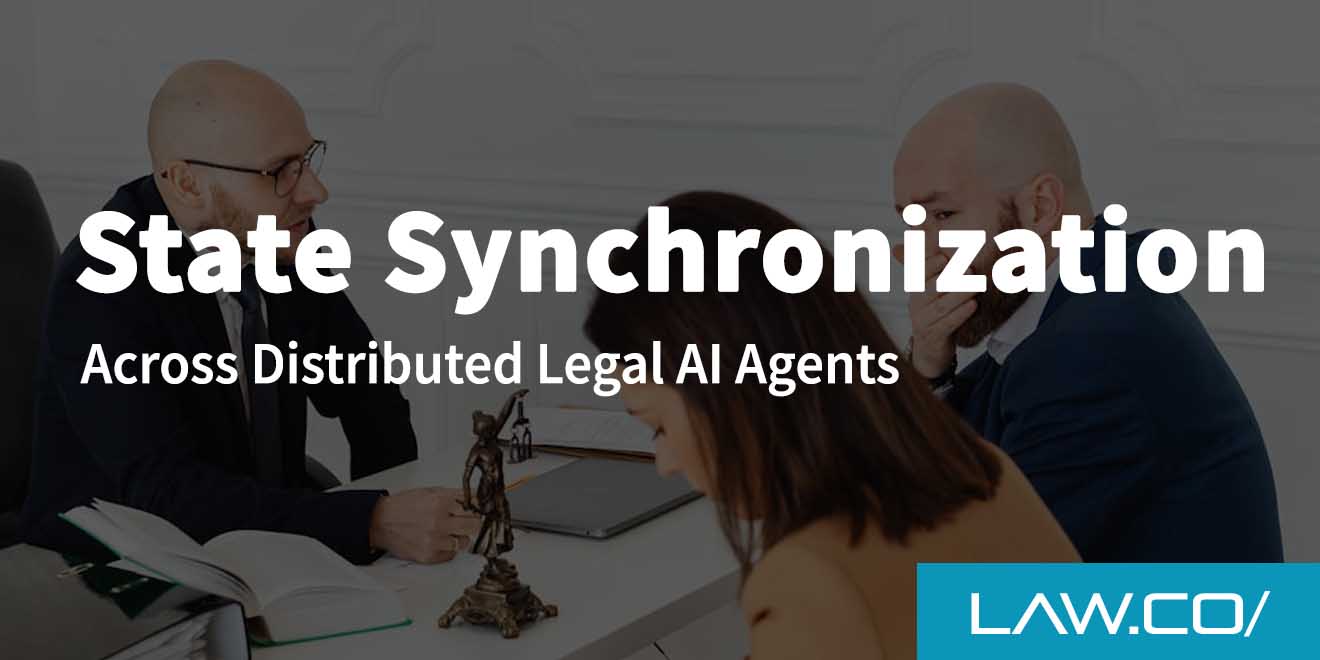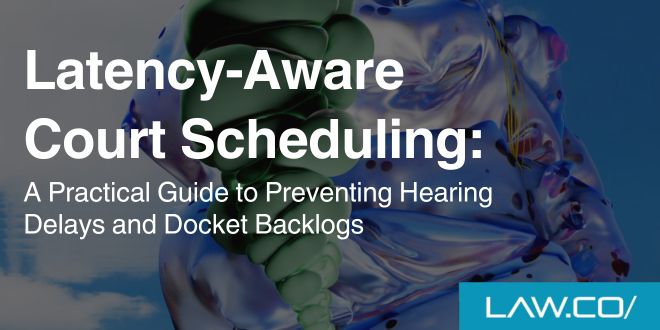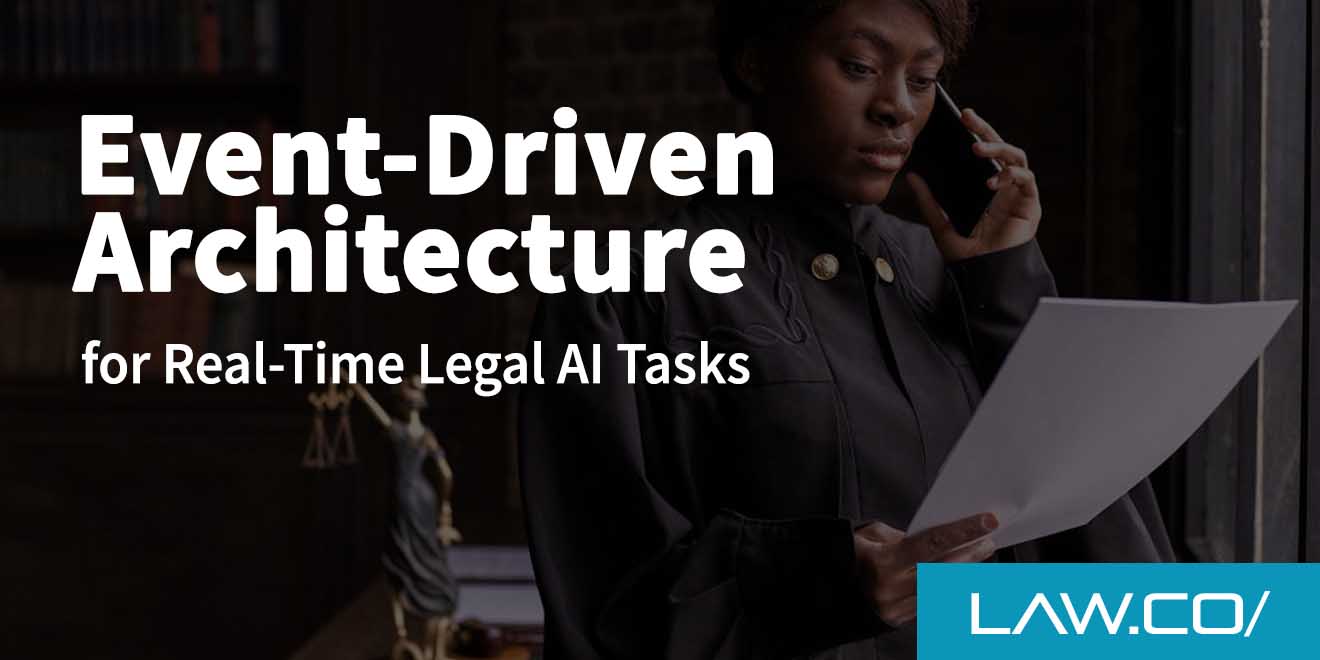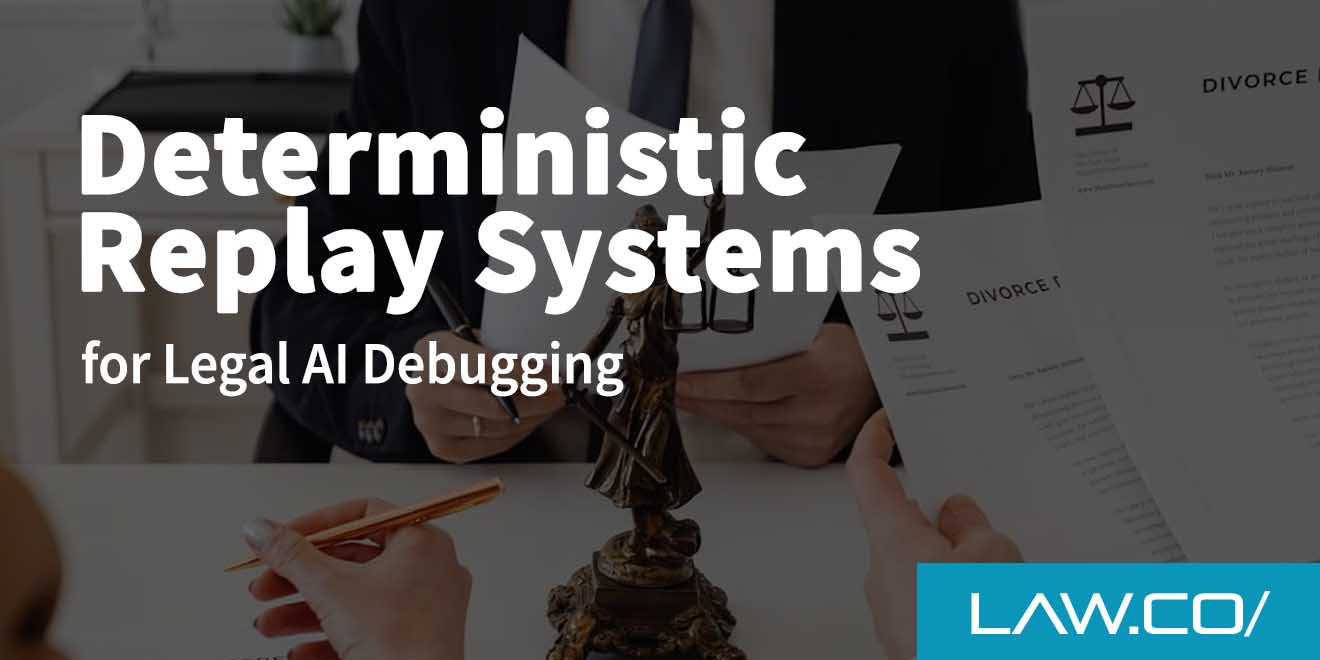

How to Build Your AI Skills as a Lawyer
Whether you like it or not, AI is quickly becoming a new reality for the legal profession and everyone in it.
Some companies have gone all in on AI, fully integrating AI into their law firms and encouraging their attorneys to use it as much as possible. Others have been much more conservative, practically forbidding the use of AI and frowning on it as a legal tool more broadly.
Both sides have compelling reasons for their perspectives. There's no doubt that legal AI is an extremely impressive tool, capable of saving time, automating certain tasks, and generally making the lives of attorneys easier. But AI is also ripe with issues, including hallucinations, over-reliance, and biases.
Regardless of which type of firm you currently work for or what your current perspectives on legal AI are, it's important to acknowledge that AI isn't going away. In fact, it's only going to get better and more popular from here.
That's why the smartest and most future focused lawyers are attempting to build their AI skills.
But what exactly are AI skills for lawyers? And how do you develop them?
What Are AI Skills for Lawyers?
As a lawyer, you already have a host of skills like critical thinking and problem solving, and a deep knowledge of how your profession works. So what AI skills do you require above and beyond what you already have?

Boundary testing
Even the best AI products have weaknesses and limitations. Broadly speaking, most AI tools are plagued with biases, hallucinations, and issues with inaccuracies at least some of the time. In the narrow context, some AI tools are much better than others, with some products offering glaring weaknesses. If you want to be effective in your use of legal AI tools, it's important to practice effective boundary testing. In other words, you need to be aware of what the limitations of AI are, and you need to be capable of testing individual tools for their limitations. If you don't know exactly where the capabilities of an AI product end, you run the risk of falling victim to those weaknesses.
Prompt engineering
Prompt engineering is one of the most popularly recognized skills related to AI, and it's especially relevant to conversational AI. Conversational AI tools rely on user prompts to generate results and, in many cases, content. You're not going to get the results or the content that you want unless your prompt is sufficiently optimized for AI interpretation. As a simple example, if your prompt is too narrow, you may not get the rich content you need. If your prompt is too broad, you may end up with a surplus of unnecessary information. Prompt engineering is not a skill you can perfect overnight, but it's one that can greatly accelerate your productivity and effectiveness as you continue using legal AI tools.
General research
Even in your first year of law school, you were learning the fundamentals of legal research. Advanced legal research databases have made it easy to find whatever you're looking for using a combination of natural search terms, connectors, and filters. But AI takes things to the next level, allowing you to take an even deeper dive and get exactly the results you need when you need them. Figuring out how and when to use legal AI for research is a skill that requires development, as AI offers some critical advantage over existing tools, but also comes with some limitations.
Document creation
How do you create an unimpeachable legal document using AI? Prompt engineering can help, as well as some of the strategies that follow. But striking the balance between content generation speed and integrity of the finished work is harder than you might first think. Becoming a master at AI content generation means walking this tightrope.
Fact checking
Fact checking shouldn't be a new skill for you as a lawyer, but you'll need to apply it to a new context. Instead of checking someone else's work or your own output, you'll be checking an advanced machine on a topic you may not be familiar with. It's a different environment, and it requires a slightly different approach.
Integration
Legal AI is only one of many tools you're going to use in your legal profession, and you're probably going to use it alongside other legal research tools and productivity tools. How do you take full advantage of all these tools without excessively relying on them or dealing with overlapping redundancy?
Adaptability
Finally, it's important to work on your adaptability, as the state of legal AI isn't going to remain the same for long. Contemporary AI tools don't have much in common with the very first AI tools that entered the market, and next generation legal AI has the potential to completely blow our minds. Unless you've proactively developed the skill of adaptability, you may struggle to keep pace with these technological changes.
Why Are AI Skills Important for Lawyers?
Why is it so important to work on these AI skills and others?
Enhanced capabilities
For starters, polishing your AI skills means you'll be able to use legal AI more effectively. You can produce work more quickly, you'll make fewer errors, and you'll ultimately boost your productivity overall. You'll also waste less time on silly mistakes and inefficiencies, which can improve your morale and reduce your stress.
Competence and ethics
Lawyers have high standards of ethics and integrity. If you want to use legal AI while maintaining those ethics and integrity, you'll need to exercise transparency, full disclosure, and proactive control. These skills are prerequisites for being able to curtail the drawbacks and weaknesses of AI – and they're therefore prerequisites for honorably serving your clients if you plan on using AI at all.
The changing tides
Most lawyers have now accepted AI as a reality of the legal profession, even if it still leaves a bad taste in their mouths. The tides are changing and AI is rapidly taking over the entire industry. Legal AI isn't replacing human lawyers, or at least, it isn't anytime soon, but in the near future, it may be a practical requirement for every lawyer to integrate AI if they want to stay competitive. Learning these skills is a way of planning for the future.
Differentiation for employers
Similarly, employers are starting to specifically look for candidates with skills related to AI. They understand that legal AI has already become incredibly powerful, and it's only going to grow in its capabilities and influence. They don't want stale, stubborn attorneys who refuse to use AI; they want dynamic, adaptable candidates who already understand how to make the most of legal AI.
How to Build Your AI Skills as a Lawyer
So how do you build those AI skills as a lawyer?
Learn from experts
One of your best options is to learn directly from experts who have already mastered the art of legal AI. These can include experienced attorneys who have used legal AI tools extensively in the past, as well as legal AI developers and similar professionals who have done deep dives into these types of technologies. Work on networking, schedule some time to sit down with these experts, and learn what you can online from their available resources.
Practice with multiple tools
As with most skills in life, your ability to successfully navigate the legal AI world is directly correlated with the amount of time you've spent practicing in it. Accordingly, it's in your best interest to practice with multiple different types of legal AI tools and conversational AI tools more broadly. As you’re first starting out, don't worry about using legal AI for the bulk of your billable work. Instead, loosely experiment until you feel more confident and comfortable with your own abilities. Keep in mind that different legal AI tools have different strengths and weaknesses, so if you want to be a well-rounded practicing attorney, it's a good idea to have ample exposure to many different types of tools.
Review the documentation
Before using any legal AI tool, review the documentation that's available for it. What do the developers have to say about this AI engine? What are the frameworks on which it's based? Do they acknowledge certain strengths and weaknesses? What is their road map for the future? Not only will this help you take the fullest possible advantage of every AI tool in your arsenal, but it will also help educate you about how AI works more generally.
Identify the limitations
If you don’t know the limitations of AI, you could end up facing the consequences. You're going to become a much more effective legal AI user if you can successfully draw boundaries to establish the limitations of whatever tools you're using. It's not always obvious what these limitations are or how consistent they are, so it's going to take a lot of practice for you to figure it out.
Consider picking up coding skills
It's not necessary to learn coding or programming if you want to use legal AI effectively. In fact, that's part of the reason why these tools exist; they're meant to democratize high-tech solutions to everyday problems. But if you pick up some coding and programming skills on the side, you'll be much better capable of thinking like a machine – and understanding the mechanics of how some of these tools work. This can help you with prompt engineering, analyzing weaknesses, and ultimately generating better results.
Collaborate and get feedback
As much as possible, collaborate with others when using legal AI. Share the strategies you use for prompt engineering and refining results, and ask your fellow attorneys to do the same. The more feedback you get, and the more you can share experiences with your collaborators, the more your skills will grow.
Pay attention to the latest changes and upgrades
Remember that the world of legal AI is constantly evolving. Innovators are racing to push the limits of what AI can do, and are almost constantly sorting through problems that users have experienced when using these tools. If you want to stay current with the latest technologies, you need to pay attention to the latest changes and upgrades. This means paying close attention to new updates for your favorite legal AI tools when they roll out, but it also means reading AI news more broadly. What new legal AI tools and concepts are on the horizon?
Don’t let your other skills get rusty
This doesn't pertain directly to developing AI skills, but it is an important consideration for lawyers working with legal AI: don't let your other lawyering skills get rusty. If you rely too heavily on legal AI for document drafting, for example, your own abilities to draft documents may decline. Always strike a balance between relying on technologies and relying on your own skills.
If you want to start building your legal AI skills now, you'll need a good legal AI tool to ground your effort. At Law.co, we have a robust set of legal AI tools that can help you with everything from research to document drafting and even document review. It's an ideal solution for lawyers and law firms, whether you're just dipping your toes in the water or you're ready to supercharge your productivity at the organizational level.
Ready to see what our legal AI tool can do? Sign up for a free demo today!

%201.svg)










